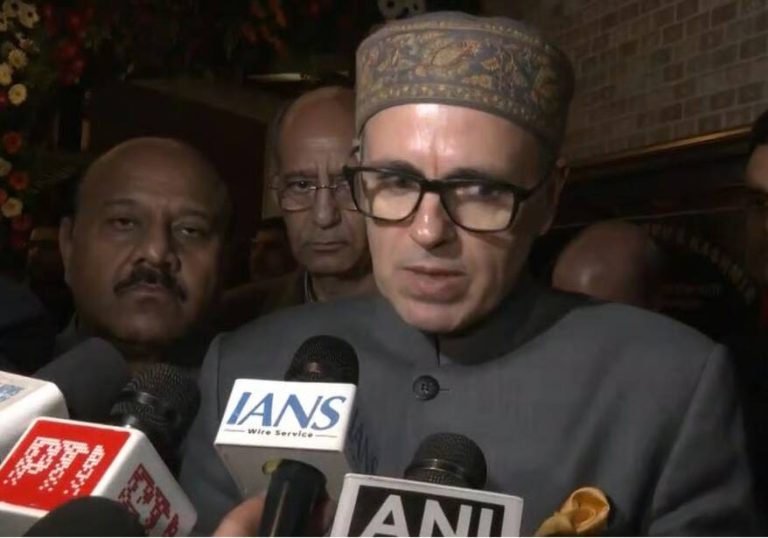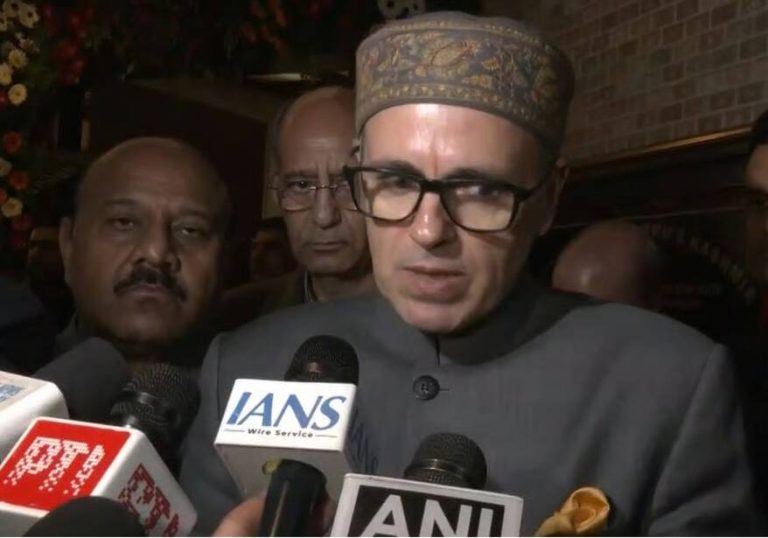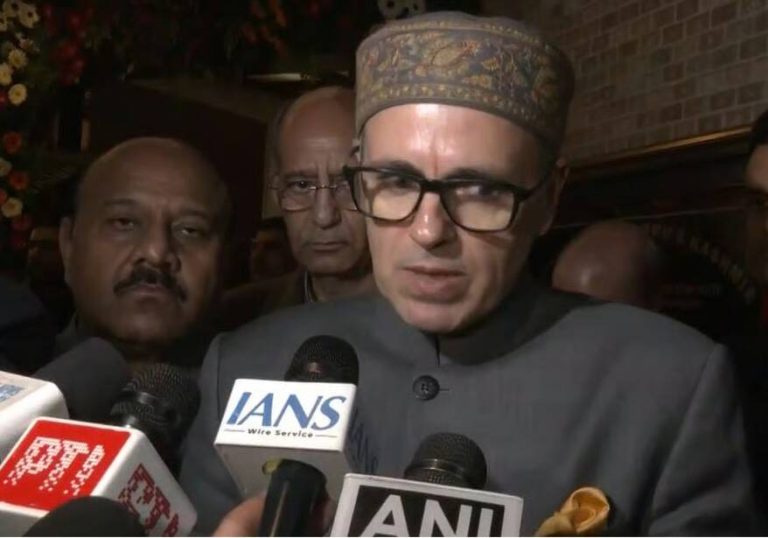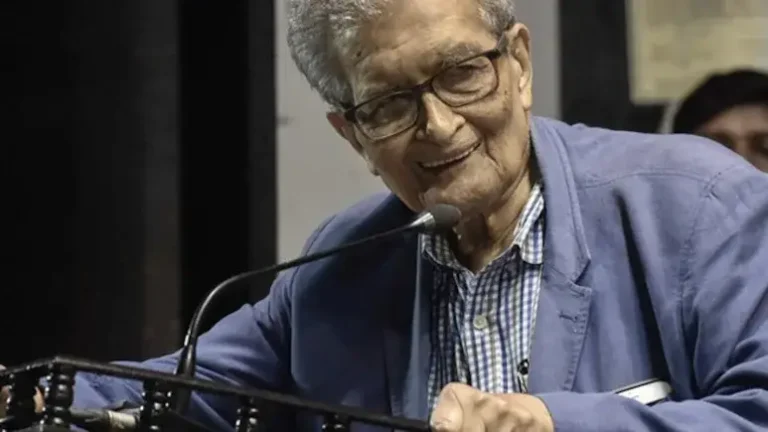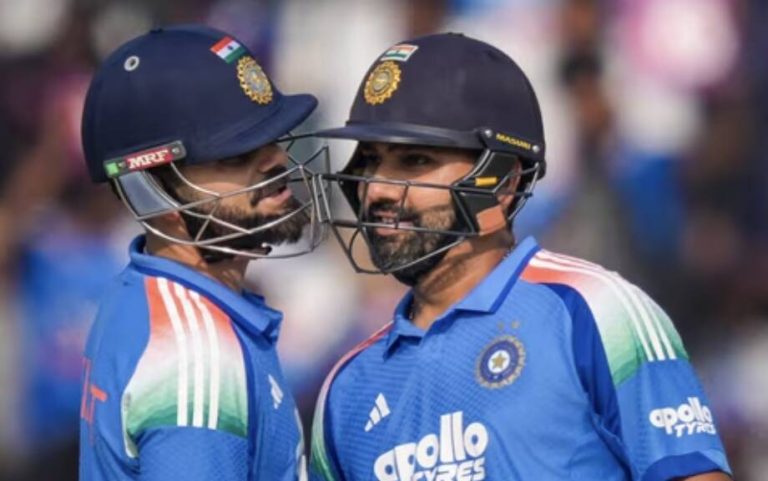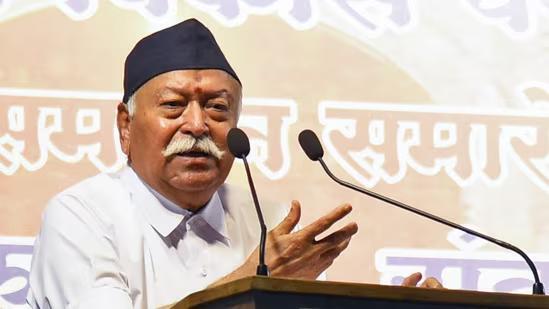
Muslims & Christians are also Hindus if they follow Indian culture: RSS chief Bhagwat
In a statement that has sparked a significant amount of debate and discussion, Rashtriya Swayamsevak Sangh (RSS) chief Mohan Bhagwat has said that anyone who takes pride in Bharat, or India, is a Hindu. This statement is a significant departure from the traditional understanding of Hinduism as a religion and has raised questions about the definition of Hinduism and Indian identity. According to Bhagwat, if Muslims and Christians, even without giving up their worship, customs, and traditions, worship this country and follow Indian culture, then they are Hindus.
This statement is a reflection of the RSS’s vision of a unified Indian identity, where all citizens, regardless of their religious affiliations, are considered part of the larger Hindu community. Bhagwat’s statement is not just a philosophical or theological interpretation but also a political statement that has implications for the concept of Indian citizenship and national identity. The RSS has long been a proponent of the idea of a “Hindu Rashtra” or a Hindu nation, and Bhagwat’s statement can be seen as an attempt to redefine what it means to be a Hindu in the context of Indian society.
Bhagwat’s statement is significant because it challenges the traditional understanding of Hinduism as a religion. Hinduism is often seen as a distinct faith with its own set of beliefs, practices, and rituals. However, Bhagwat’s statement suggests that Hinduism is not just a religion but also a cultural and national identity. According to this view, anyone who identifies with Indian culture and values is a Hindu, regardless of their religious beliefs. This is a more inclusive definition of Hinduism that goes beyond the traditional understanding of the faith.
The implications of Bhagwat’s statement are far-reaching. If Muslims and Christians who follow Indian culture are considered Hindus, then it raises questions about the nature of Indian identity and citizenship. Does it mean that all Indians, regardless of their religious affiliations, are part of the same cultural and national community? Or does it imply that non-Hindu communities are somehow less Indian or less patriotic? These are complex questions that require careful consideration and debate.
Bhagwat’s statement has also sparked a debate about the concept of a “Hindu Rashtra” or a Hindu nation. The RSS has long been a proponent of this idea, which envisions India as a nation where Hinduism is the dominant faith and culture. However, critics argue that this idea is exclusionary and undermines the principles of secularism and diversity that are enshrined in the Indian Constitution. Bhagwat’s statement can be seen as an attempt to rebrand the idea of a Hindu Rashtra in a more inclusive and secular way, where all Indians, regardless of their religious affiliations, are part of the same national community.
It is also worth noting that Bhagwat’s statement is not just a philosophical or theological interpretation but also a political statement. The RSS is a powerful and influential organization in Indian politics, and its views on Hinduism and Indian identity have significant implications for the country’s politics and society. The statement can be seen as an attempt to reach out to non-Hindu communities and to promote a more inclusive and secular vision of Indian identity.
In conclusion, Bhagwat’s statement that Muslims and Christians who follow Indian culture are Hindus is a significant and thought-provoking idea. It challenges the traditional understanding of Hinduism as a religion and raises important questions about Indian identity and citizenship. While the statement has sparked a debate about the concept of a Hindu Rashtra, it also reflects the RSS’s vision of a unified Indian identity, where all citizens, regardless of their religious affiliations, are part of the same national community. As India continues to grapple with the complexities of its diverse and plural society, Bhagwat’s statement is a significant contribution to the ongoing debate about Indian identity and citizenship.
